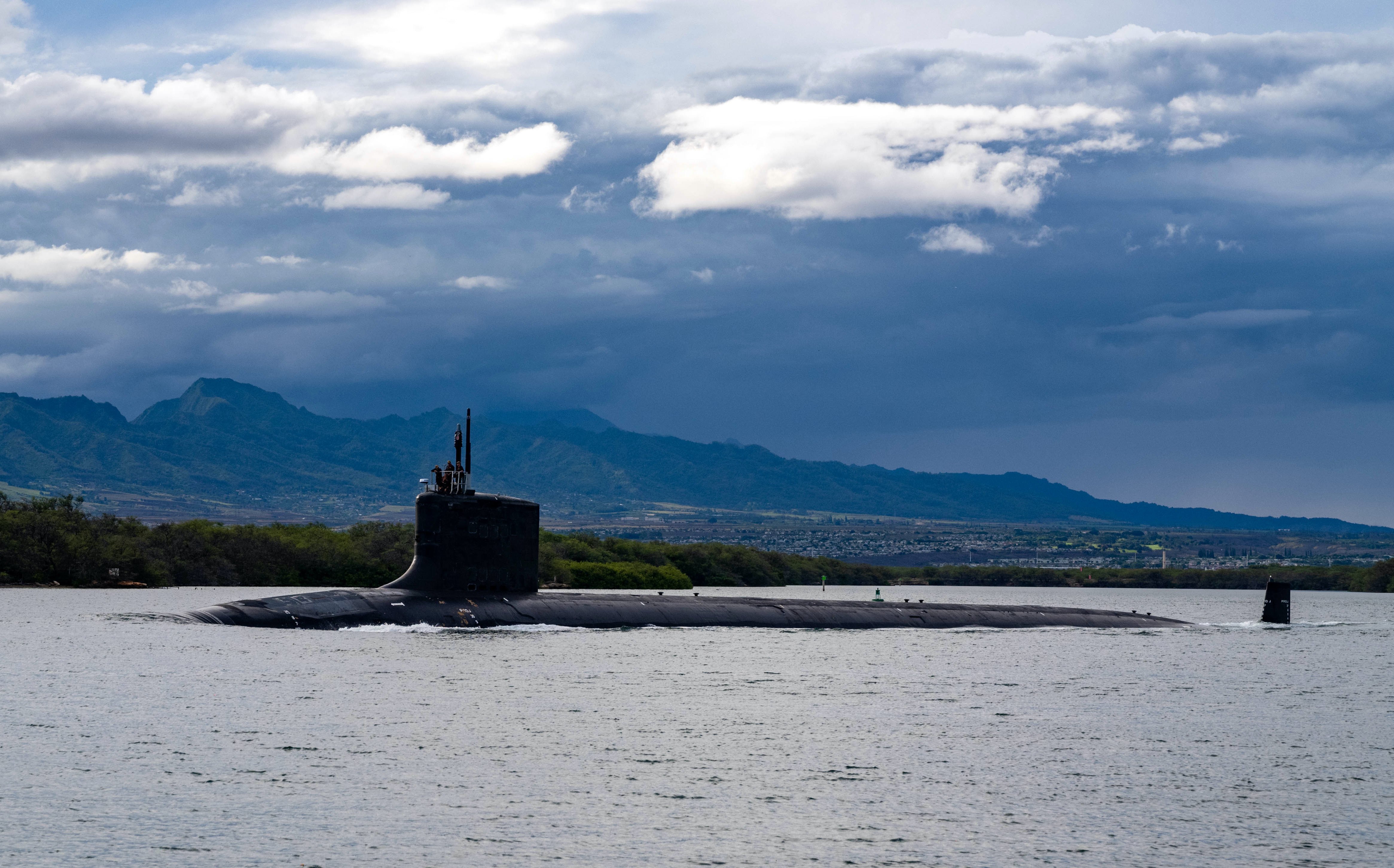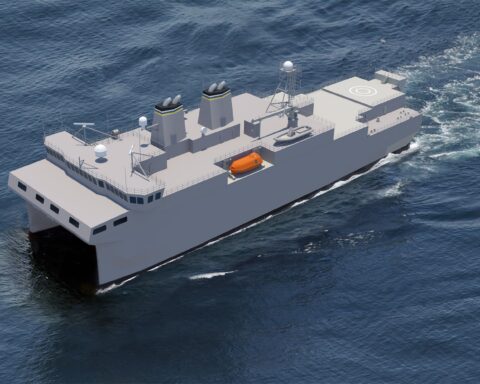The following is the Oct. 6, 2023, Congressional Research Service report, The Defense Production Act of 1950: History, Authorities, and Considerations for Congress.
From the report
The Defense Production Act (DPA) of 1950 (P.L. 81-774, 50 U.S.C. §§4501 et seq.), as amended, confers upon the President a broad set of authorities to influence domestic industry in the interest of national defense. The authorities can be used across the federal government to shape the domestic industrial base so that, when called upon, it is capable of providing essential materials and goods needed for the national defense.
Though initially passed in response to the Korean War, the DPA is historically based on the War Powers Acts of World War II. Gradually, Congress has expanded the term national defense, as defined in the DPA. Based on this definition, the scope of DPA authorities now extends beyond shaping U.S. military preparedness and capabilities, as the authorities may also be used to enhance and support domestic preparedness, response, and recovery from natural hazards, terrorist attacks, and other national emergencies.
Current DPA authorities include:
- Title I: Priorities and Allocations, which allows the President to require persons (including businesses and corporations) to prioritize and accept contracts for materials and services as necessary to promote the national defense.
- Title III: Expansion of Productive Capacity and Supply, which allows the President to incentivize the domestic industrial base to expand the production and supply of critical materials and goods. Authorized incentives include loans, loan guarantees, direct purchases and purchase commitments, and the authority to procure and install equipment in private industrial facilities.
- Title VII: General Provisions, which includes key definitions for the DPA and several distinct authorities, including the authority to establish voluntary agreements with private industry; the authority to block proposed or pending foreign corporate mergers, acquisitions, or takeovers that threaten national security; and the authority to employ persons of outstanding experience and ability and to establish a volunteer pool of industry executives who could be called to government service in the interest of the national defense.
Generally speaking, these authorities are statutorily afforded to the President, who may in turn delegate them to other executive branch officials. While DPA authorities are most frequently used by, and commonly associated with, the Department of Defense (DOD), they can be—and have been—used by other government departments and agencies.
Since 1950, the DPA has been reauthorized and modified dozens of times. As most DPA authorities periodically terminate, much of the legislation must be regularly reauthorized Congress last reauthorized the DPA in Section 1791 of the John S. McCain National Defense Authorization Act for Fiscal Year 2019 (P.L. 115-232). This extended the termination of the act by six years, from September 30, 2019, to September 30, 2025, when nearly all DPA authorities will terminate. A few authorities of the DPA, such as the Exon-Florio Amendment (which established government review of the acquisition of U.S. companies by foreigners) and anti-trust protections for certain voluntary industry agreements, have been made permanent by Congress. The DPA lies within the legislative jurisdiction of the House Committee on Financial Services and the Senate Committee on Banking, Housing, and Urban Affairs.
Congress may consider enhancing its oversight of executive branch activities related to the DPA in a number of ways. To enhance oversight, Congress could expand executive branch reporting requirements, track and enforce rulemaking requirements, review the activities of the Defense Production Act Committee, and broaden the committee oversight jurisdiction of the DPA in Congress. Congress may also consider amending the DPA, either by creating new authorities or repealing existing ones. In addition, Congress may consider amending the definitions of the DPA to expand or restrict the DPA’s scope, amending the statute to supersede the President’s delegation of DPA authorities made in E.O. 13603, or consider adjusting future appropriations to the DPA Fund in order to manage the scope of Title III projects initiated by the President.
Download the document here.





